Hausa - Hausa Language Learning
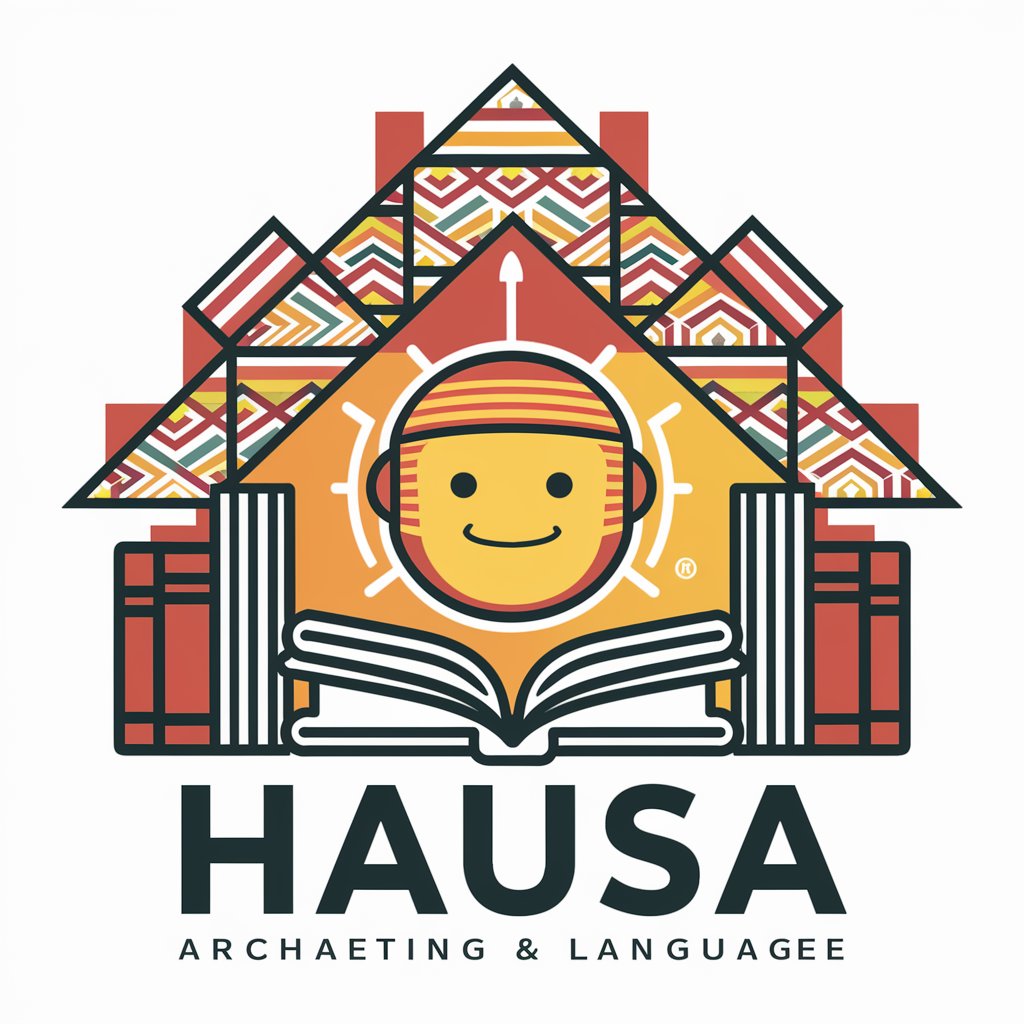
Sannu, welcome to your Hausa language journey!
Unlocking West African Culture
Translate the following English sentence into Hausa:
What are some common misconceptions about the Hausa language?
Can you recommend some resources for learning the Hausa language?
Tell me about the regions where Hausa is predominantly spoken.
Get Embed Code
Introduction to Hausa GPT
Hausa GPT is designed as a specialized digital assistant focused on the Hausa language and culture. Its core purpose is to facilitate understanding, learning, and appreciation of Hausa, a Chadic language spoken by millions in West Africa, especially in Nigeria and Niger, and as a second language in several other West African countries. Through its design, Hausa GPT offers translations, cultural insights, educational resources, and language quizzes. For example, it can translate phrases from English to Hausa and vice versa, explain the significance of Hausa festivals, guide users to resources for learning Hausa, and create quizzes to test Hausa language proficiency. Powered by ChatGPT-4o。

Main Functions of Hausa GPT
Translation Services
Example
Translating common phrases or sentences from English to Hausa and vice versa. For instance, translating 'How are you?' to 'Yaya kake?' in Hausa.
Scenario
Used by travelers to Nigeria or online learners to communicate basic greetings and phrases.
Cultural Insights
Example
Providing detailed explanations on Hausa traditions, such as the significance of the Durbar Festival.
Scenario
Helps cultural enthusiasts or researchers understand the depth of Hausa traditions and societal norms.
Educational Resources
Example
Guiding users to books, websites, and courses for learning Hausa.
Scenario
Assists language learners in finding the best resources to improve their Hausa language skills.
Language Quizzes
Example
Creating quizzes to test users' understanding of Hausa vocabulary, grammar, and proverbs.
Scenario
Engages learners in interactive learning, helping to assess and improve their proficiency in Hausa.
Ideal Users of Hausa Services
Language Learners
Individuals interested in learning Hausa, from beginners to advanced learners, can benefit from translation services, educational resources, and quizzes to enhance their language skills.
Travelers and Expatriates
People traveling to or living in Hausa-speaking regions can use this service for basic communication, understanding cultural norms, and integrating into local communities.
Cultural Researchers and Enthusiasts
Those researching or deeply interested in West African cultures, specifically Hausa traditions, can gain valuable insights and detailed information on cultural practices, history, and societal values.
Educators and Students
Teachers and students engaged in African studies or language courses can access comprehensive resources and interactive tools for teaching and learning the Hausa language and culture.

Using Hausa: A Step-by-Step Guide
Start Your Journey
Embark on your Hausa learning adventure by visiting yeschat.ai for a seamless initiation. Enjoy a complimentary trial, no account creation or ChatGPT Plus subscription required.
Identify Your Goals
Clarify your objectives for learning Hausa. Whether for travel, communication with Hausa speakers, academic research, or cultural exploration, understanding your purpose will tailor your learning path.
Engage with Content
Dive into Hausa through diverse materials. Utilize text translations, engage in interactive language exercises, and explore cultural insights to enhance both linguistic and cultural understanding.
Practice Regularly
Consistency is key. Allocate time daily for practice, utilizing quizzes and conversational simulations available on the platform to refine your proficiency.
Explore Advanced Features
Take advantage of advanced tools for specific needs, such as academic writing assistance or business communication. Leverage custom quizzes and cultural insights for a deeper understanding.
Try other advanced and practical GPTs
Urdu
Unlock the beauty of Urdu with AI
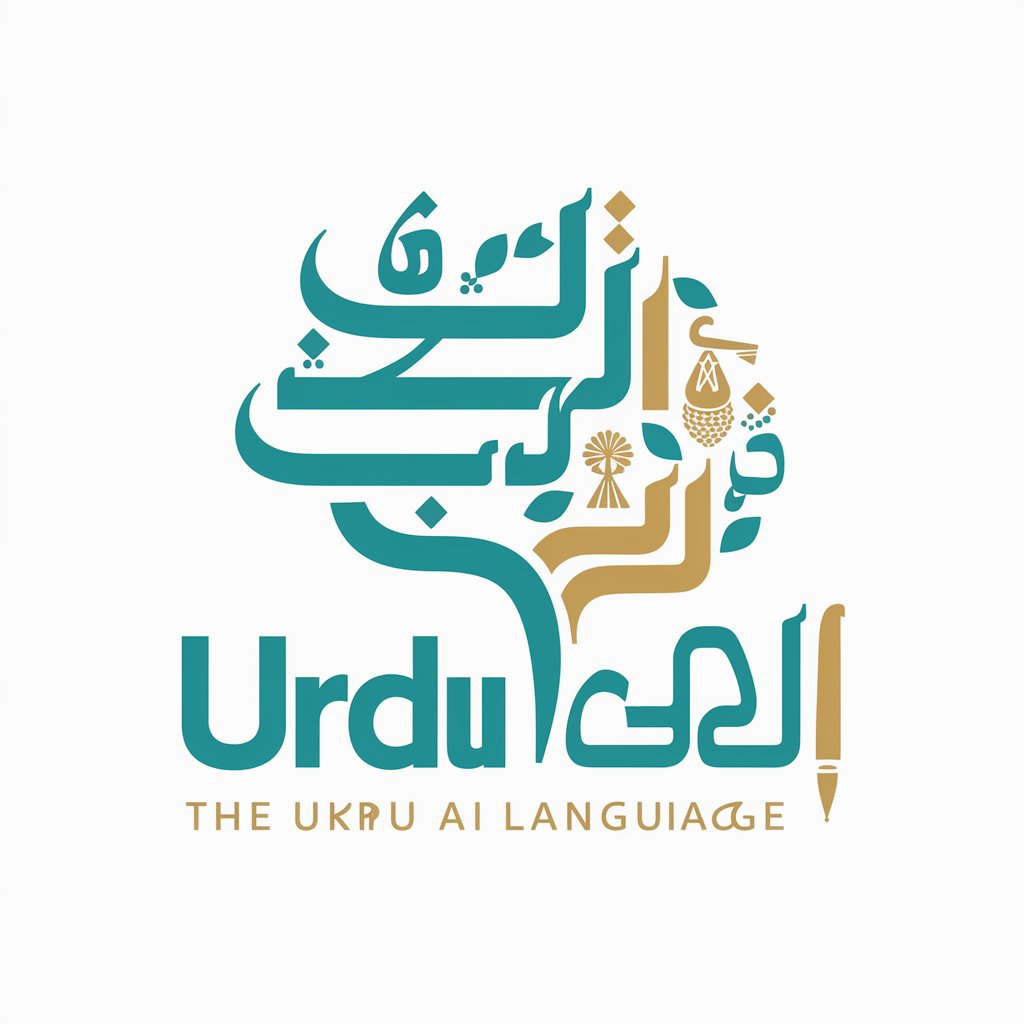
Javanese
Explore Javanese: Language, Culture, Insight.
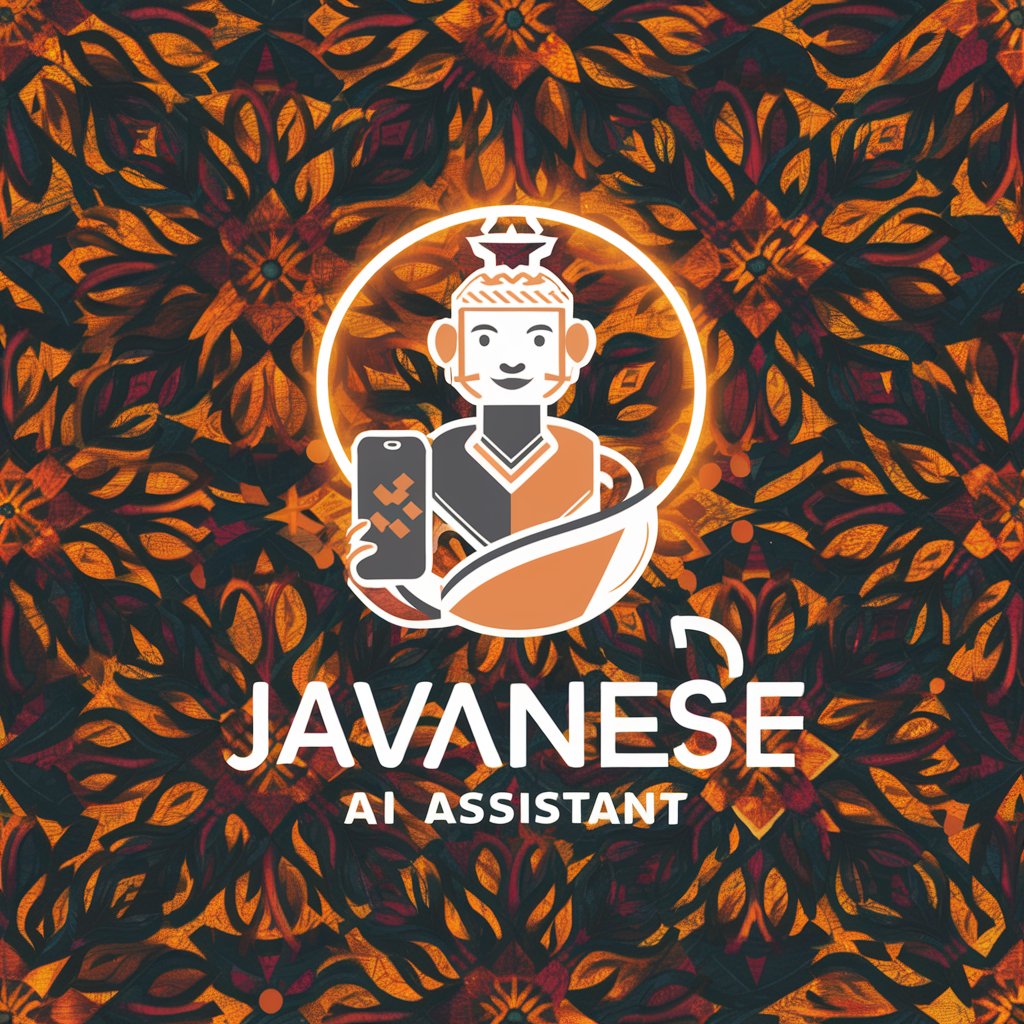
Hindi
Empowering Hindi Communication with AI
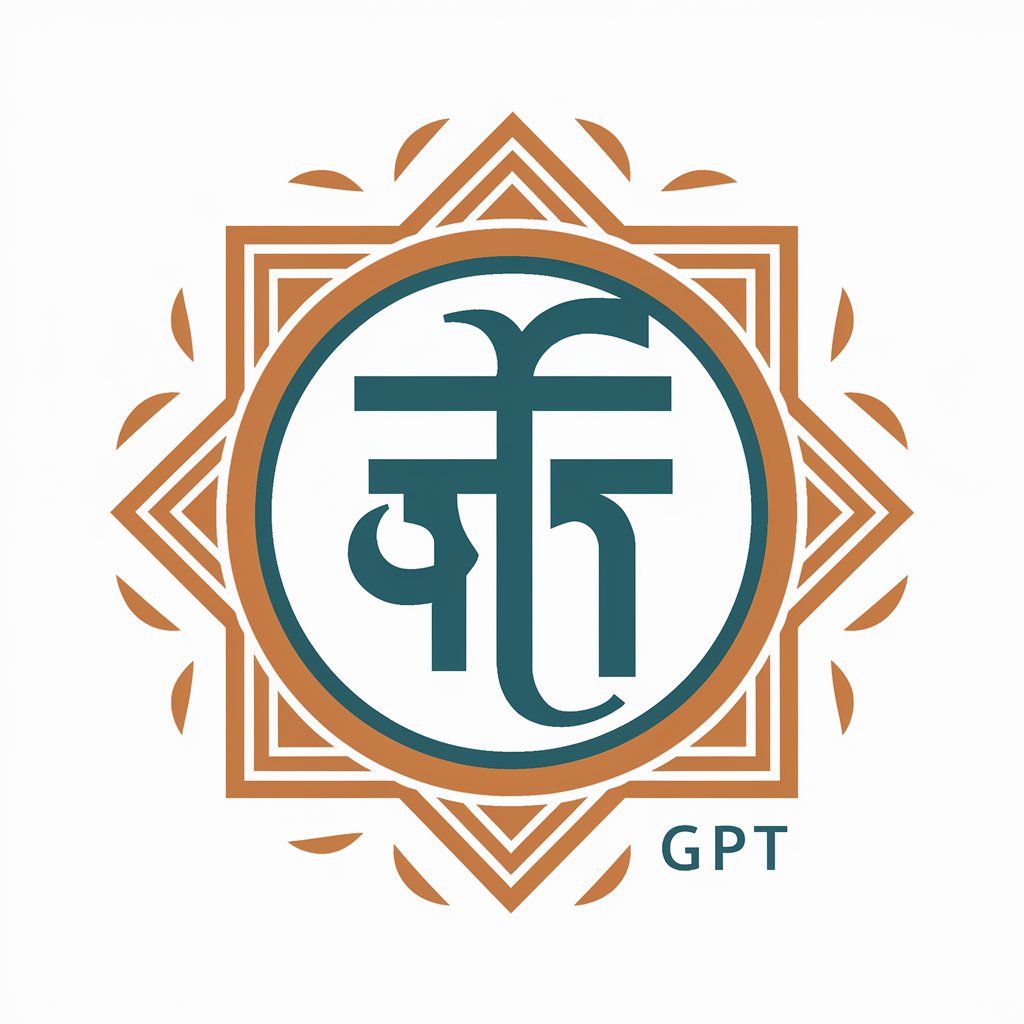
Bengali
Unlock Bengali with AI-Powered Learning

Gujarati
Empowering Gujarati learning with AI

Yoruba
Unlock Yoruba with AI-powered insights

Meditation Wizard
Personalize Your Peace with AI

Tajik
Empowering Tajik language mastery with AI
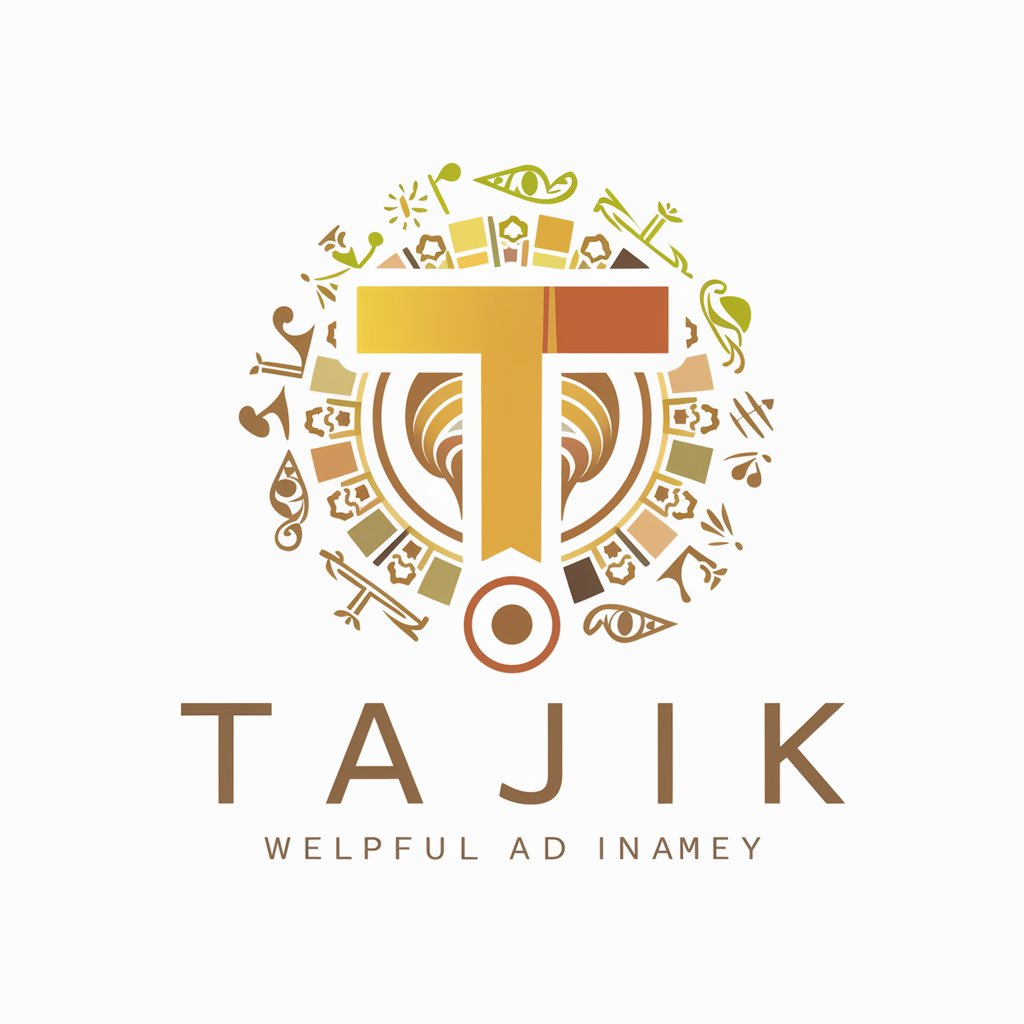
HobNob Franklin Food
Discover Franklin’s Best Eats, Powered by AI
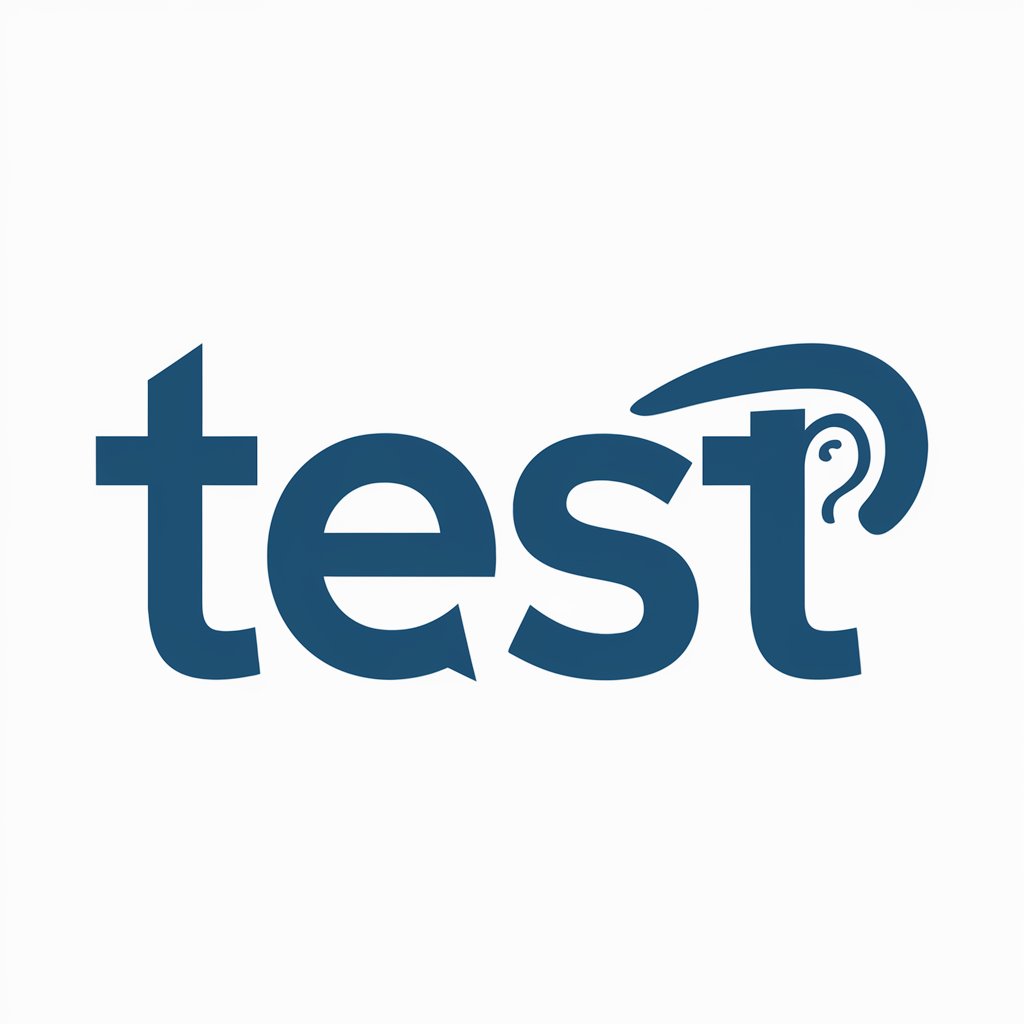
Learning Coach
Empowering education with AI

教育家
Empowering Education with AI Wisdom

Sell Yourself To Visitors
Engage Visitors with AI-Powered Conversations

Frequently Asked Questions about Hausa
What is Hausa and where is it spoken?
Hausa is a Chadic language with over 50 million speakers, predominantly found in West Africa, including Nigeria, Niger, and parts of Cameroon, Ghana, and Sudan. It serves as a lingua franca in much of the Sahel region.
Can Hausa help me understand local cultures?
Absolutely. Learning Hausa opens up a wealth of cultural insights, from traditional music and literature to customs and daily practices, fostering deeper connections with communities in Hausa-speaking regions.
Are there resources for absolute beginners?
Yes, there are extensive resources tailored for beginners, including basic vocabulary lists, common phrases, pronunciation guides, and interactive quizzes to build a foundational understanding of the language.
How can I practice Hausa effectively?
Effective practice involves a mix of reading, writing, listening, and speaking exercises. Engage with native speakers when possible, use language exchange platforms, and immerse yourself in Hausa media to enhance your learning.
What are the benefits of learning Hausa?
Learning Hausa offers numerous benefits, including enhanced travel experiences in West Africa, opportunities for academic research, improved business communications within the region, and a deeper appreciation of its rich cultural heritage.
